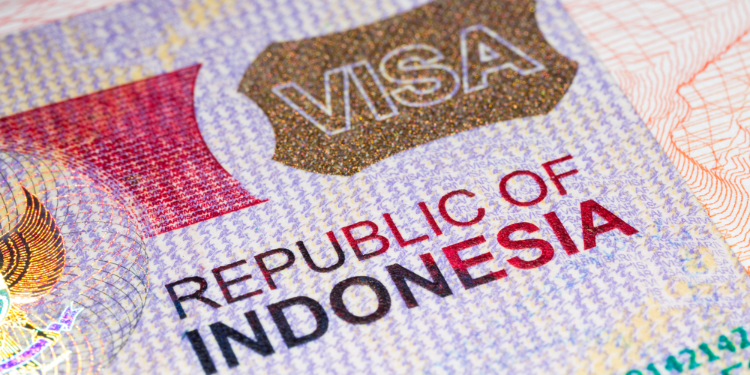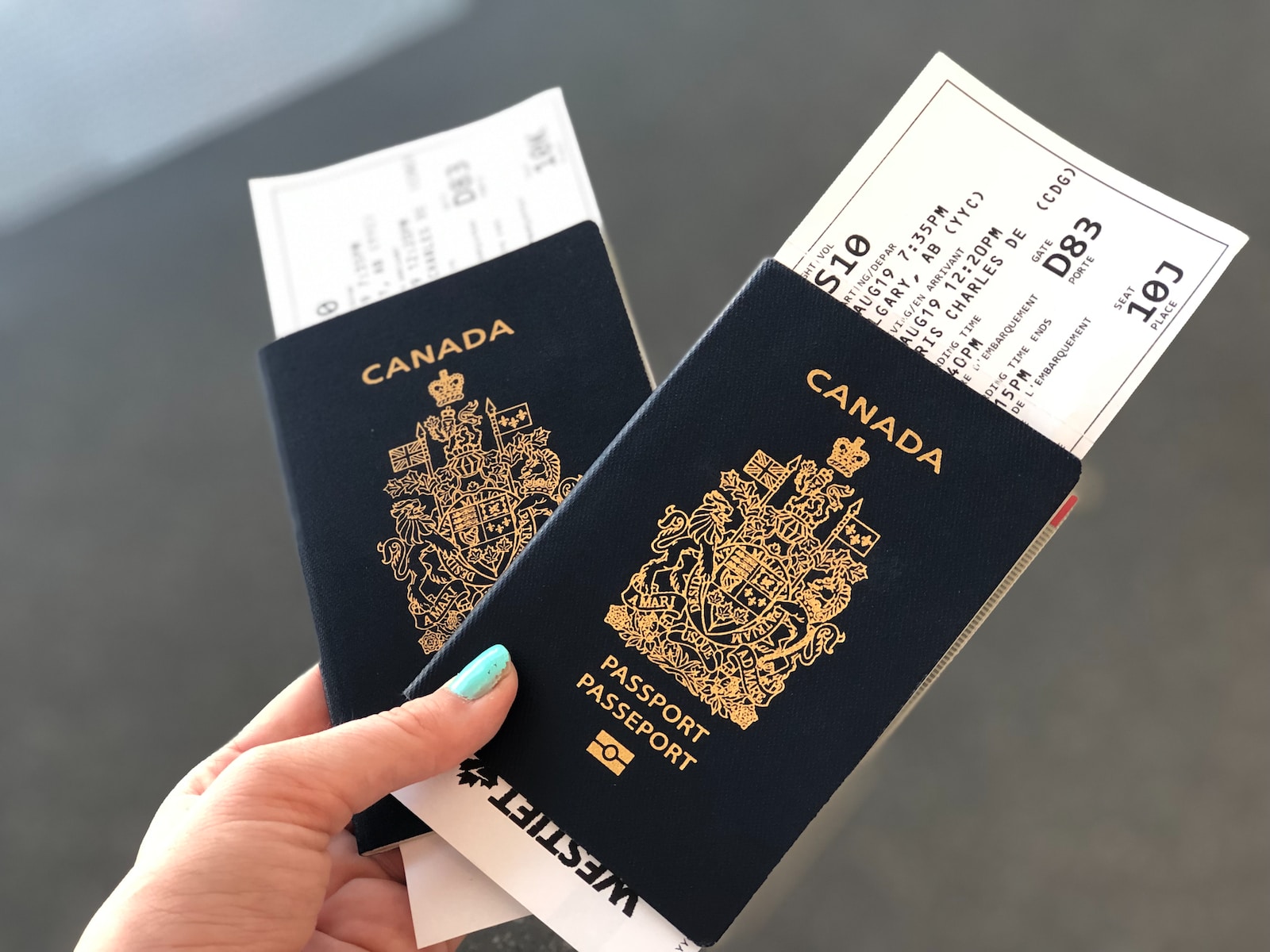How to use the CBN Covid-19 intervention fund for SMEs, worth N50 billion
The novel coronavirus outbreak has a significant impact on household and business operations, causing, among other things, a decline in consumer confidence, a slowdown in production, and a drop in global demand for goods and services.
The Federal Ministry of Finance, Budget, and National Planning, along with the Central Bank of Nigeria (CBN), have announced certain monetary and fiscal measures to help lessen the effects of the coronavirus pandemic on the economy, Nigerian businesses, and households.
The CBN has independently announced some stimulus packages that will have an effect on a variety of industries, including the health sector, Micro Small and Medium Enterprises (MSMEs), manufacturers, households, and so on.
To aid households and micro, small, and medium-sized businesses (MSMEs) affected by the coronavirus pandemic, the apex bank introduced a N50 billion Targeted Credit Facility (TCF).
Why is it important The TCF was created to mitigate the negative effects of the COVID-19 pandemic on households and MSMEs, support households and MSMEs whose economic activities have been significantly disrupted, and encourage lending to MSMEs to increase their productive capacity through equipment upgrades and research and development.
A. For whom is TCF intended?
Participants who are qualified to apply for credit from this facility are listed by the CBN in the operational guidelines for the facility. The list is as follows:
- Households with verifiable evidence of livelihood adversely impacted by the coronavirus outbreak;
- Existing enterprises with verifiable evidence of business activities adversely affected as a result of the coronavirus pandemic (as part of its consistent review, CBN has declared that eligible applicant does not need to have a business plan),
- and firms in agricultural value chain activities.
- Hospitality industry (accommodation and food services)
- Airline service providers
- Health (pharmaceuticals and medical supplies)
- Manufacturing/value addition
- Trading and other income-generating activities as may be prescribed by the CBN.
B. Source of fund
The Micro, Small and Medium Enterprises Development Fund (MSMEDF) will be used to support the program, and NIRSAL Microfinance Bank is a qualified financial institution to participate in the program (NMFB).
This indicates that the CBN will draw the money from its MSME development fund, which will be managed by NIRSAL Microfinance Bank. As a result, although the CBN will provide the funding, borrowers must apply for the loan through NIRSAL Microfinance Bank.
C. How to use the money
Here, there are two modalities to take into account. The modalities apply to either households/MSMEs or corporate entities, according to the CBN’s circular published on March 23, 2020.
For Households/MSMEs,
- The first step is for an eligible household to submit an application to NIRSAL MFB, which must, among others, contain BVN number, business registration (where applicable) and business plan with clear evidence of the opportunity or adverse impact as a result of COVID-19 pandemic
- NMFB shall appraise and conduct due diligence applications
- Upon satisfactory appraisal of application, NMFB shall forward the applications to the CBN for final approval,
- Then, CBN reviews applications and gives final approval for disbursement to NMFB.
Thus, applicants must endeavor to provide the documents listed above which are mostly basic. If you do not know how to write a business plan, you can get someone to help you with it.
For corporate entities
- Like their MSMEs counterparts, applications are submitted to NMFB with clear evidence of the opportunity or adverse impact as a result of COVID-19 pandemic.
- Also, NMFB shall appraise and conduct due diligence applications,
- After a satisfactory appraisal of the application, NMFB shall forward the applications to the CBN for final approval.
- CBN reviews applications and gives final approval for disbursement to NMFB.
Though, applicants may suffer certain setbacks due to communication gaps on the part of NMFB. For instance, one of the potential applicants, Kolade Emmanuel took to Twitter to make an enquiry about the loan that has not received feedback from the bank after one month. When Nairametrics contacted him, he said, “I have not heard from the bank in about one month after I have followed all necessary processes.”
Please I am the chairman of a cooperative society in Ibadan, Oyo state. We are farmers and we are up to 120 in number. We are interested in NSMB AGSMEIS. How can we benefit. My contact is 08038726748
— Kolade Emmanuel (@KoladeE97306594) March 20, 2020
D. Loan Terms
Loan Limit
There are different criteria used to determine the loan amount that is disbursed to different eligible participants and segments. They are:
- SMEs- The loan amount shall be determined based on the activity, cash flow and industry/segment size of beneficiary subject to a maximum of N25 million for SMEs
- Households- They can access a maximum of N3 million. Working capital shall be a maximum of 25% of the average of the previous 3 years’ annual turnover. But where the enterprise is not up to 3 years in operation, 25% of the previous year’s turnover will suffice.
Interest Rate
The interest rate under the intervention shall be 5% per annum (all-inclusive) up to February 28, 2021, and thereafter, the interest on the facility shall revert to 9% per annum (all-inclusive) as of March 1, 2021, according to the CBN’s circular on the guidelines for the implementation of this facility.
Loan Period
The rule specifies that the working capital loan may only be taken out for a period of one year, with no possibility of extension. A maximum duration of three years for the term loan, with a moratorium of at least one year.
Demand for Collateral
The guideline states that the collateral to be pledged by the beneficiaries under the programme shall be as may be acceptable by NIRSAL MFB, but may include
- Moveable asset(s) that is duly registered on the National Collateral Registry (NCR);
- Simple deposit of title documents, in perfect state
- Irrevocable domiciliation of proceeds;
- Two acceptable Guarantor and
- Personal Guarantee of the promoter of the business
- Life insurance of the Key Man, with NMFB noted as the First Loss Payee
- Comprehensive insurance over the asset
E. Responsibilities of Stakeholders
Responsibility of the CBN
- Provide the seed fund for the scheme.
- Release funds to NIRSAL MFB for disbursement to successful applicants
- Review the guidelines of the facility as may be necessary
- Receive and process periodic returns from NIRSAL MFB
- Monitor and evaluate the implementation of the scheme by NIRSAL MFB.
Responsibility of NIRSAL MFB
they have the following responsibilities,
- Validate the status and BVN of the applicants
- Process and disburse funds to approved beneficiaries
- Maintain records of all beneficiaries and disbursements
- Forward periodic returns on the prescribed format on the scheme to CBN
- Comply with the guidelines
- Carry out any other duties as the CBN may prescribe from time to time.
F. Exit date:
The exit date of this intervention is December 31, 2024. It should be noted that this framework from CBN shall be subject to review from time to time as may be deemed necessary by the apex bank.










